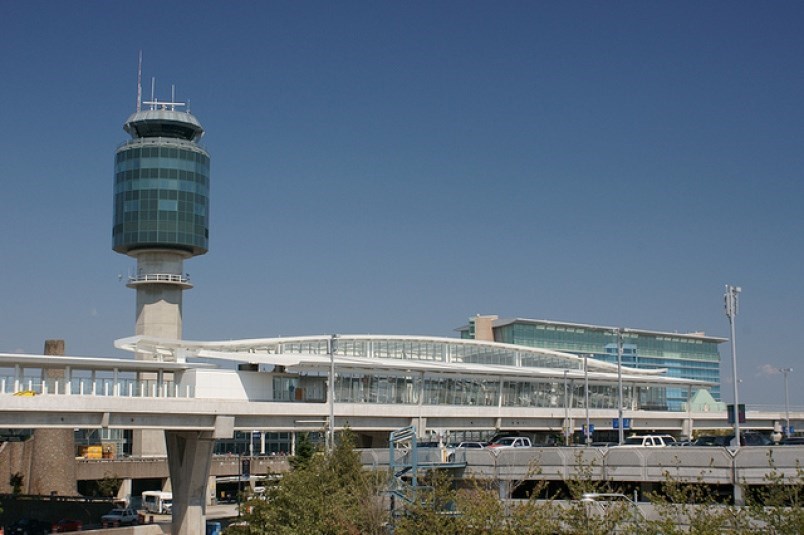Conversations about banning out-of-province travellers will make Richmond – and the rest of the province – seem like an unwelcoming place, and that will take a long time to recover from, according to Tourism Richmond’s CEO Nancy Small.
Premier John Horgan said last week he was looking at a travel ban, depending on legal opinions, in order to curb the spread of COVID-19.
In response, the Tourism Industry Association of BC said a ban would “further cripple a sector that is barely hanging on by a thread.”
Instead of an out-of-province travel ban, Small said, Richmond should be projecting a message about being a safe destination for tourists.
While following provincial health orders is necessary, Small said the discussion about keeping Richmond and B.C. in a “bubble” is not helpful.
Richmond should think about its reputation as a city welcoming people from around the world, she said.
“This is about reputation and this is about being a welcoming destination,” Small added.
The pandemic is not a short-term issue, she added, and instead of banning tourists, she would like to see messaging about safety protocols local tourist businesses have implemented, like social distancing, rapid testing and enhanced cleaning procedures to ensure tourists come back in the future.
According to a legal opinion commissioned by the Tourism Industry Association of BC, a travel ban would be hard to implement because the mobility rights of Canadians.
Talking about a travel ban also pits residents against travellers, Small said, as has been witnessed when out-of-province licence plates have been spotted and posted on social media.
Responsibility for the tourism industry has to be two-fold, Small added: on the one hand, the province should not ban tourists; on the other hand, the tourism industry needs to communicate better about safety protocols in place in hotels, restaurants and attractions.
But the tourism association would like to see the provincial government work with its industry to educate tourists about health and safety protocols in B.C.
Currently, the Vancouver International Airport is functioning at about 10 per cent capacity, and this is expected to drop even further after the federal government ordered anyone arriving from abroad has to have a negative COVID-19 test 72 hours before boarding.
The Richmond tourism industry is estimated to be normally worth $2 billion.


